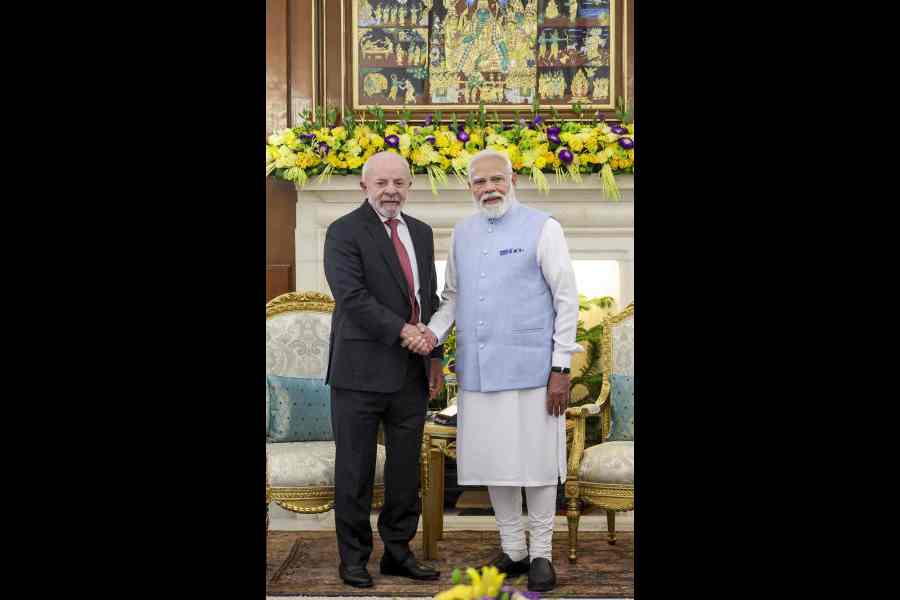Interference in academic matters has almost become commonplace in Indian universities. At a meeting of the Standing Committee on Academic Matters of Delhi University, the chairperson objected to the inclusion of the Kashmir issue and the Israel-Palestine conflict as case studies in the section named the ‘Psychology of Peace’ in the proposed psychology syllabus. The case studies were part of the chapter on conflict and conflict resolution. The chairperson said that the Kashmir issue had been “resolved” — this, despite the recent bloodshed in Pahalgam — and there was no need for lessons on the Israel-Palestine conflict. The logic is elusive. The aim of the section was to help students understand the concepts of peace, its need, peace process and its psychology. If the Kashmir issue was already resolved, then there could be nothing better for students to understand the process. The subject of the Israel-Palestine conflict, historical as well as current, would be enormously helpful in exploring the psychology of conflict and the failure of peace processes. But the chairperson’s reason to excise it was that it was unnecessary. Evidently he does not mind if students remain ignorant of the world they live in. His objections have been criticised as politically motivated and as ideological interference in academic matters. More so, because he said that students should learn from ancient Indian texts such as the Mahabharata and the Gita to gain an indigenous perspective on peace.
The chairperson’s intervention raises an issue that is independent of his point of view. Would ancient texts be more illuminating than current or recent events in understanding conflict, its resolution, and the psychology of peace? Certainly, the ancient story of a conflict that could have been avoided might be useful given that the social arrangements, reasons for the conflict, and efforts at peace were unlike those in present times. There is no harm in a plurality of perspectives. But present or recent conflicts and their resolution — when that happens — are more meaningful because they are contemporary; they are familiar contentions of ethnicity, ideology or territorial aggression set in a world of known social dispensations, modern ideas and thinking processes, recognisable fears and forms of resistance. Both perspectives can be included for a full understanding; excluding specific case studies to satisfy ideological inclinations is an assault on academic autonomy and a harmful narrowing of academic vision.











